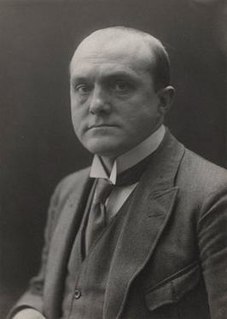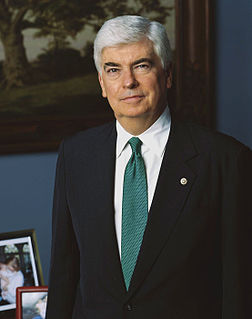A Quote by Blaise Pascal
Amusement that is excessive and followed only for its own sake, allures and deceives us.
Related Quotes
Amusement should be used to do us good “like a medicine”: it must never be used as the food of the man...Many have had all holy thoughts and gracious resolutions stamped out by perpetual trifling. Pleasure so called is the murderer of thought. This is the age of excessive amusement: everybody craves for it, like a babe for its rattle.
The Daoist appeal to simplicity can be very appealing to the many of us who feel that contemporary life is overwhelming. "Less is more" can be a call to identify what it is we really need and appreciate doing for its own sake, as opposed to what we have been socialized into wanting, often to our detriment, or becoming consumed by activity that we would never do for its own sake but only for the sake of something else.
'They straightway left their nets and followed Him' (Mt. 4:20). The Apostles did not grudge leaving their nets for the Lord's sake, although they were perhaps their only property, and precious to them because they lived by them; and we, likewise, for the Lord's sake, ought to leave everything that hinders our following Him ? that is, all the many and various nets in which the enemy entangles us in life.
Conscience is the voice of the soul, the passions are the voice of the body. Is it astonishing that often these two languages contradict each other, and then to which must we listen? Too often reason deceives us; we have only too much acquired the right of refusing to listen to it; but conscience never deceives us; it is the true guide of man; it is to man what instinct is to the body; which follows it, obeys nature, and never is afraid of going astray.
Feuerbach ... recognizes ... "even love, in itself the truest, most inward sentiment, becomes an obscure, illusory one through religiousness, since religious love loves man only for God's sake, therefore loves man only apparently, but in truth God only." Is this different with moral love? Does it love the man, this man for this man's sake, or for morality's sake, for Man's sake, and so-for homo homini Deus-for God's sake?








































